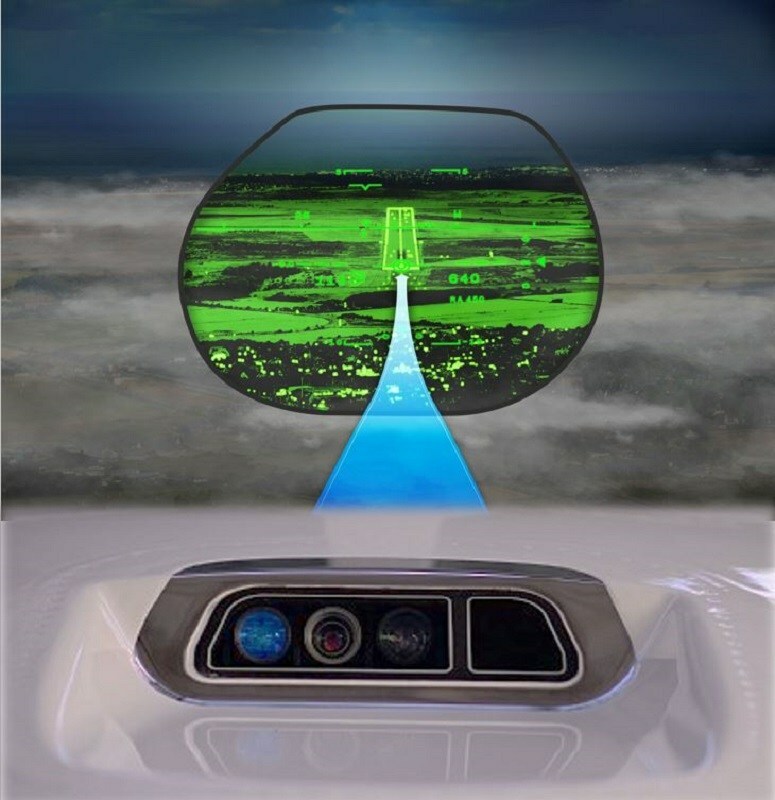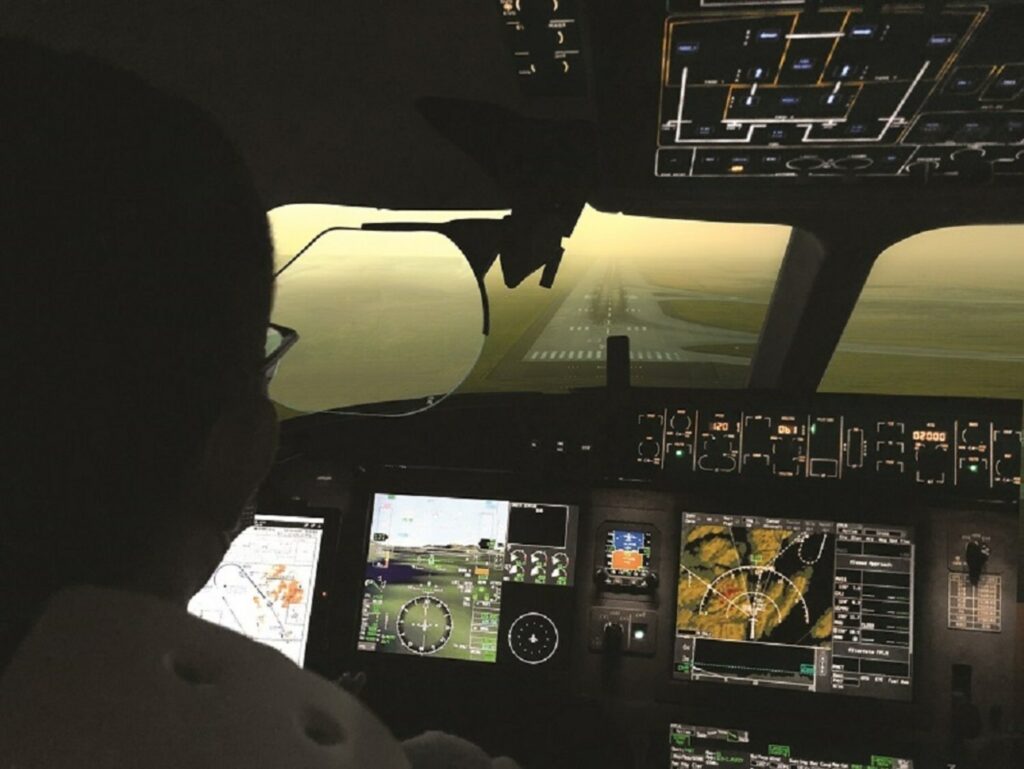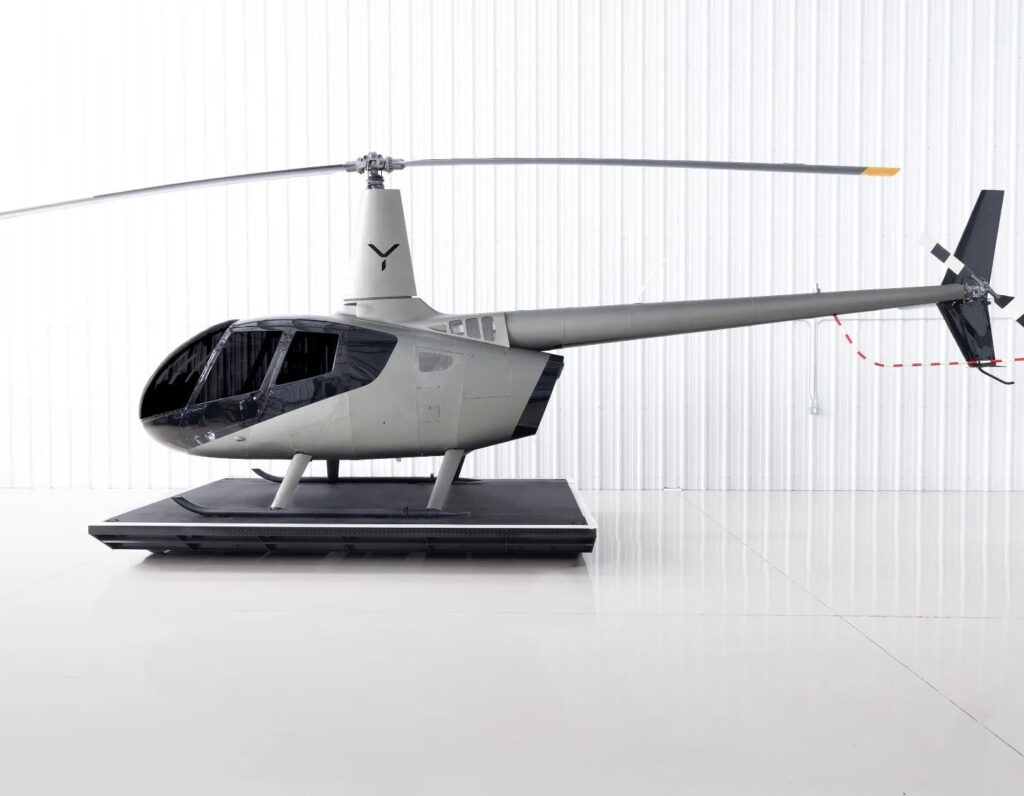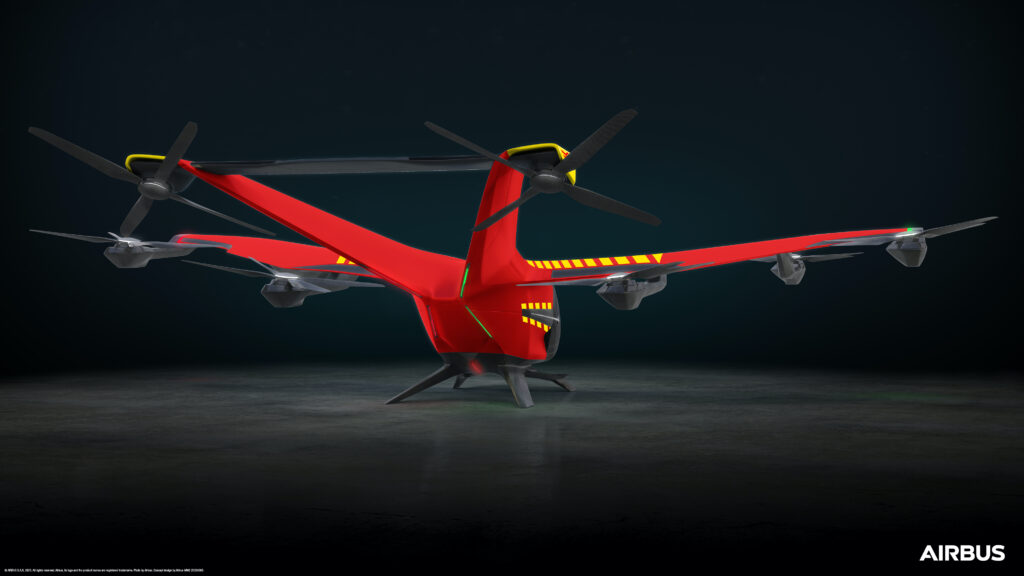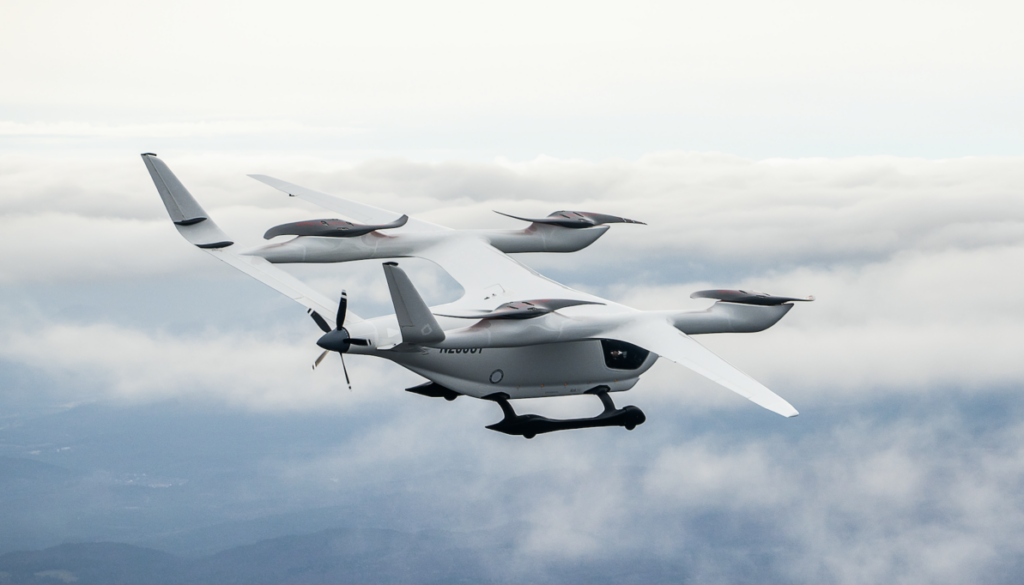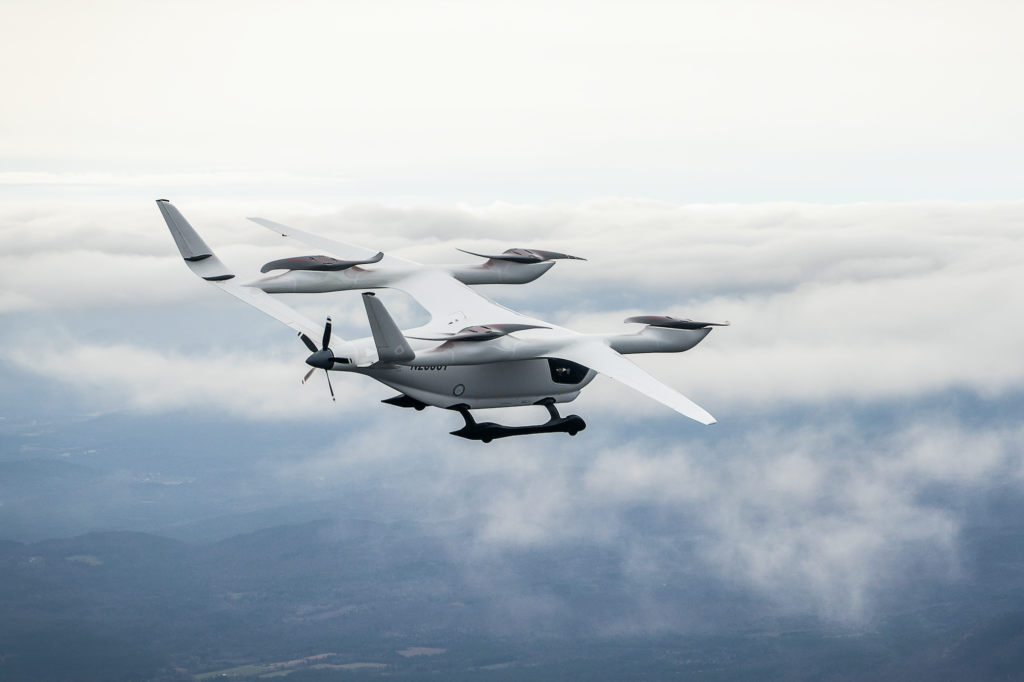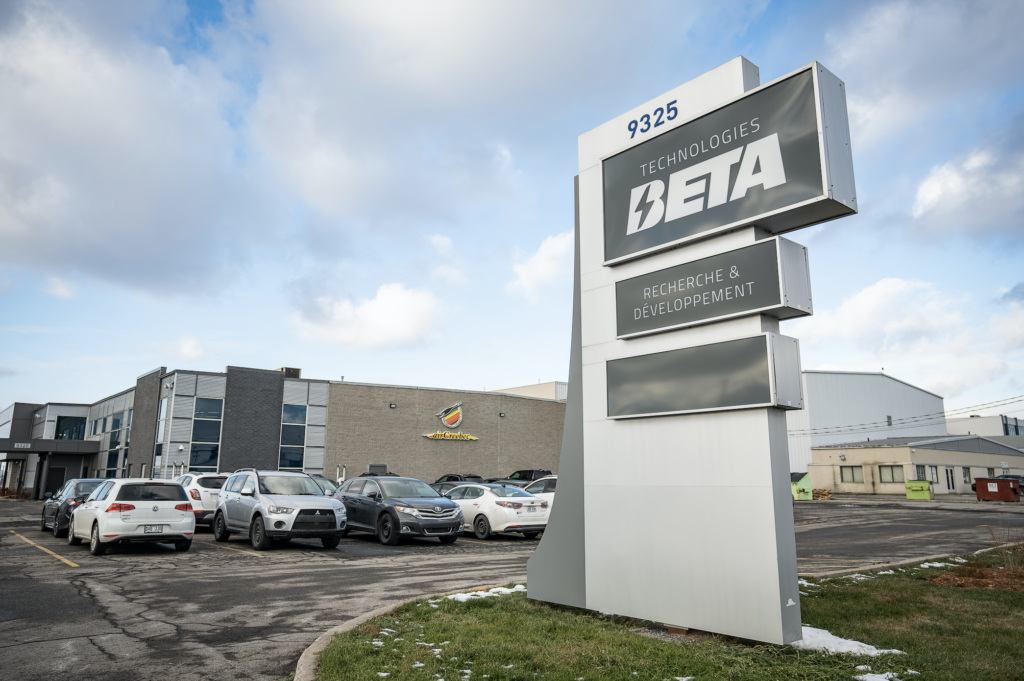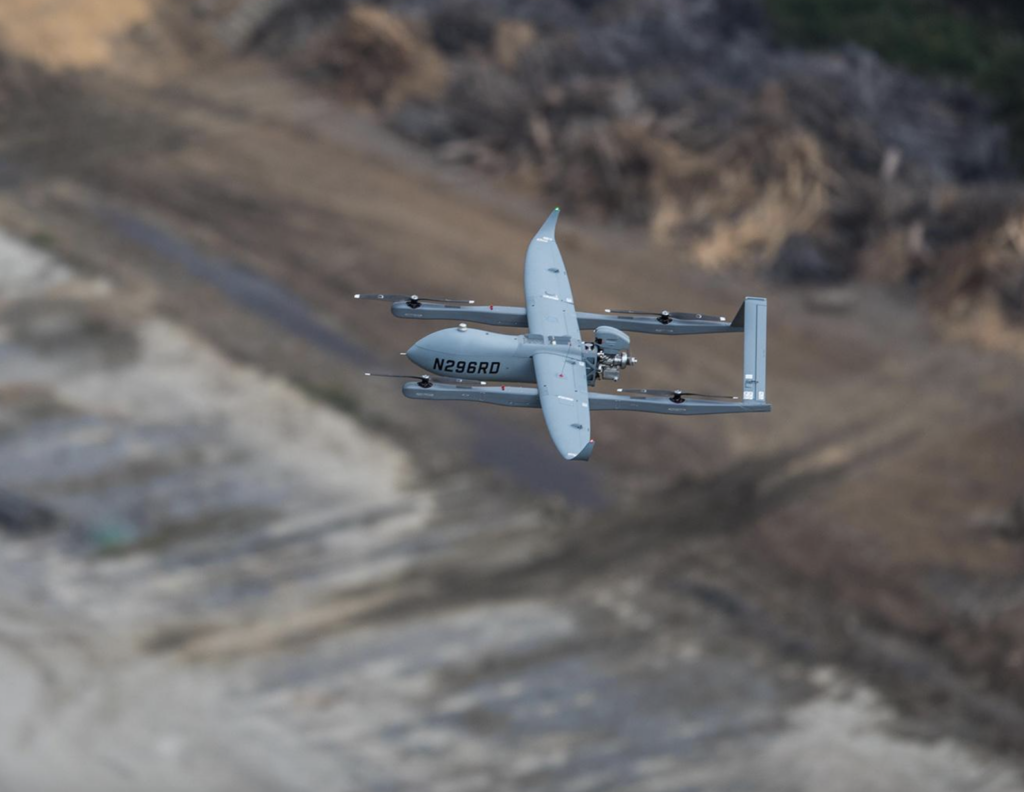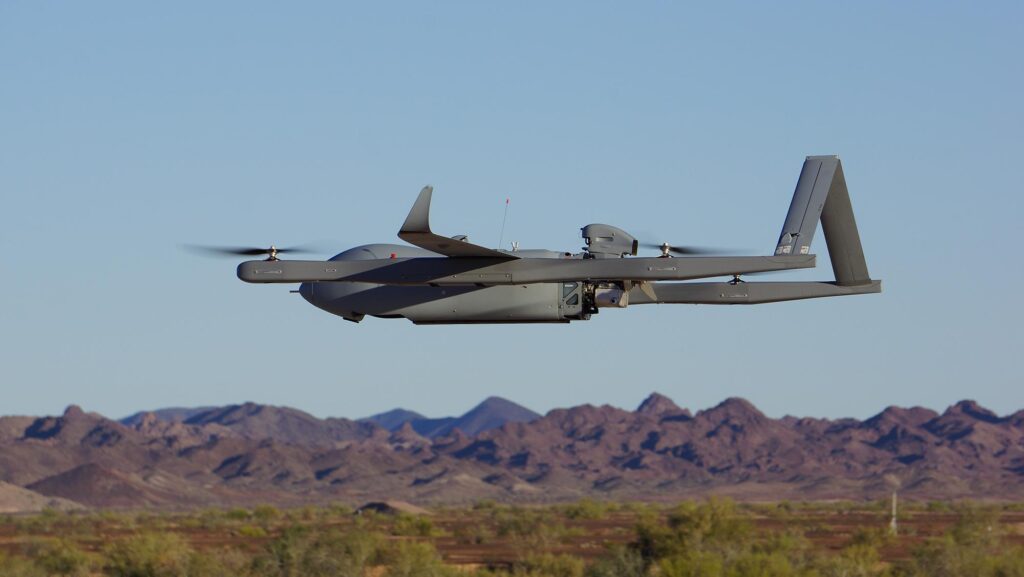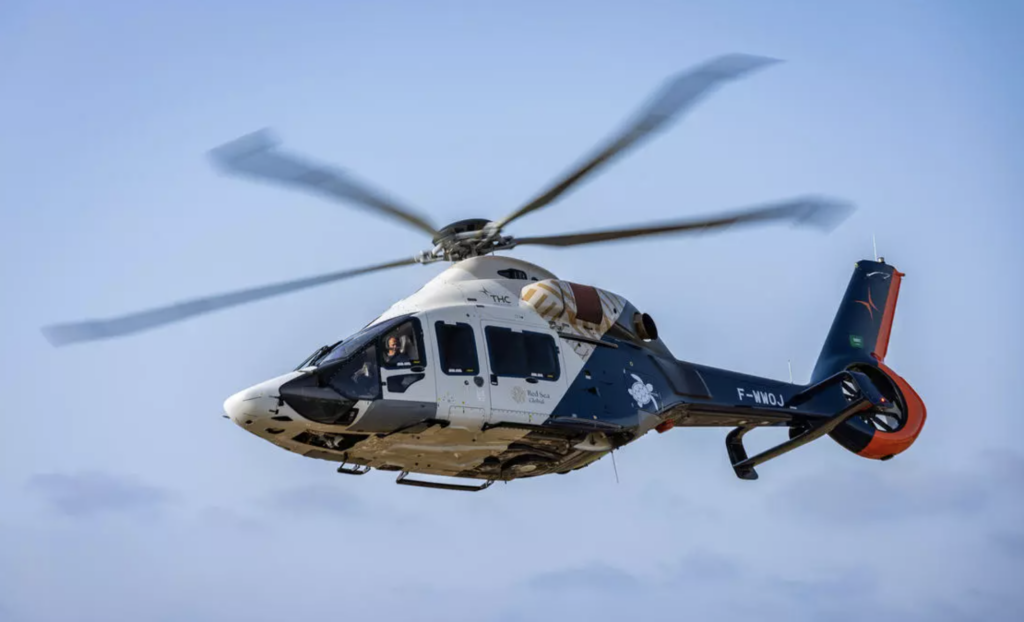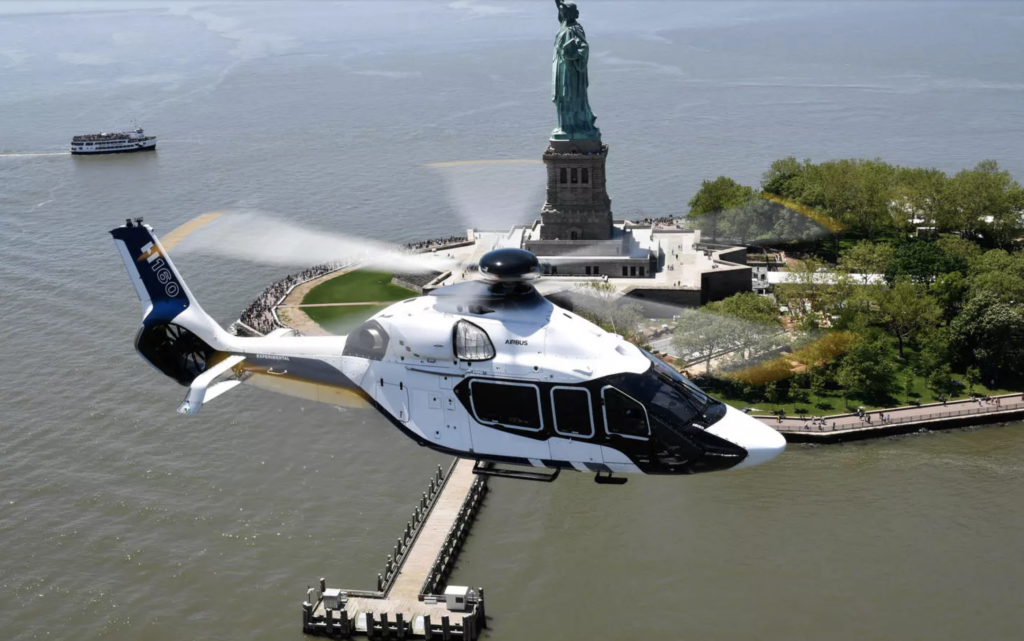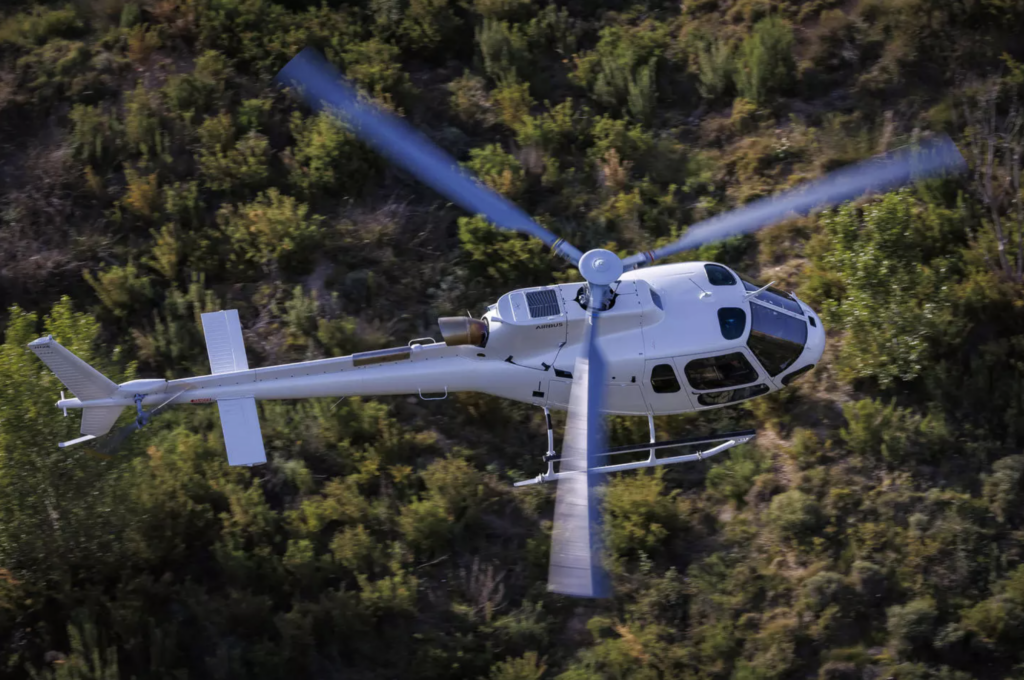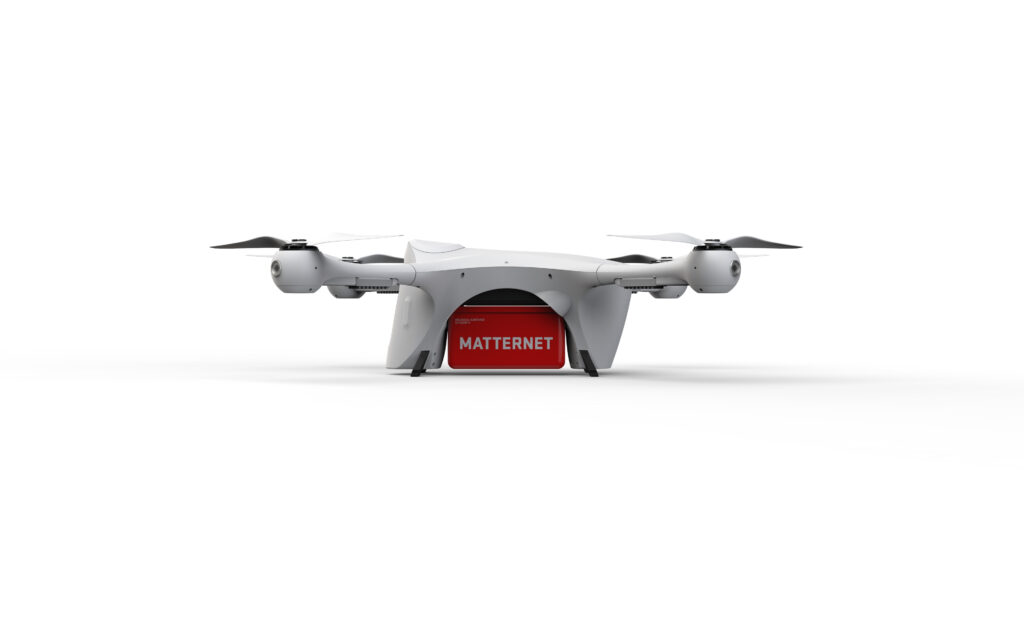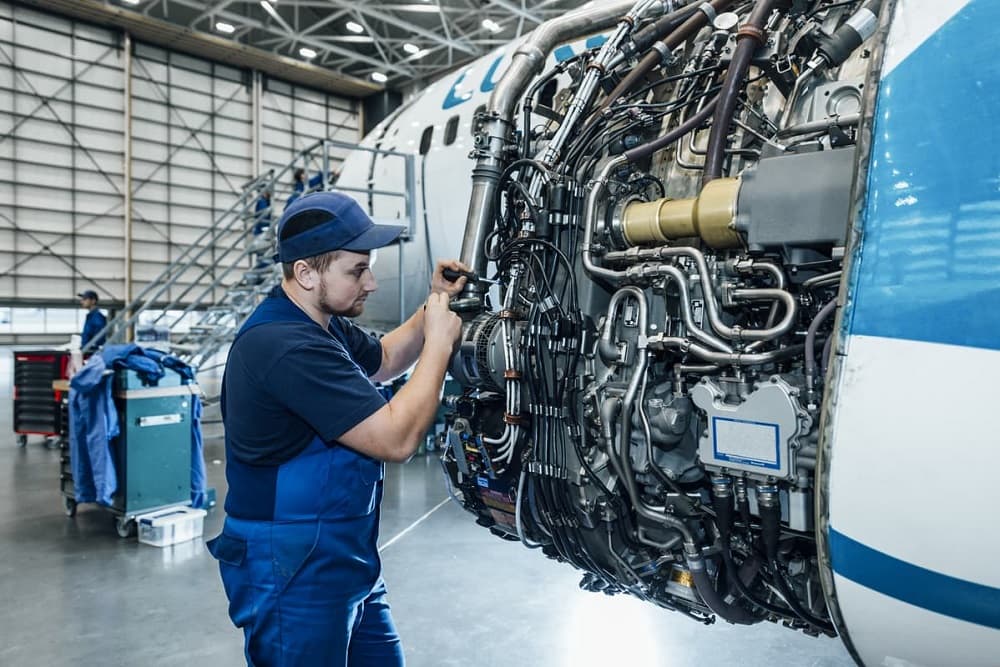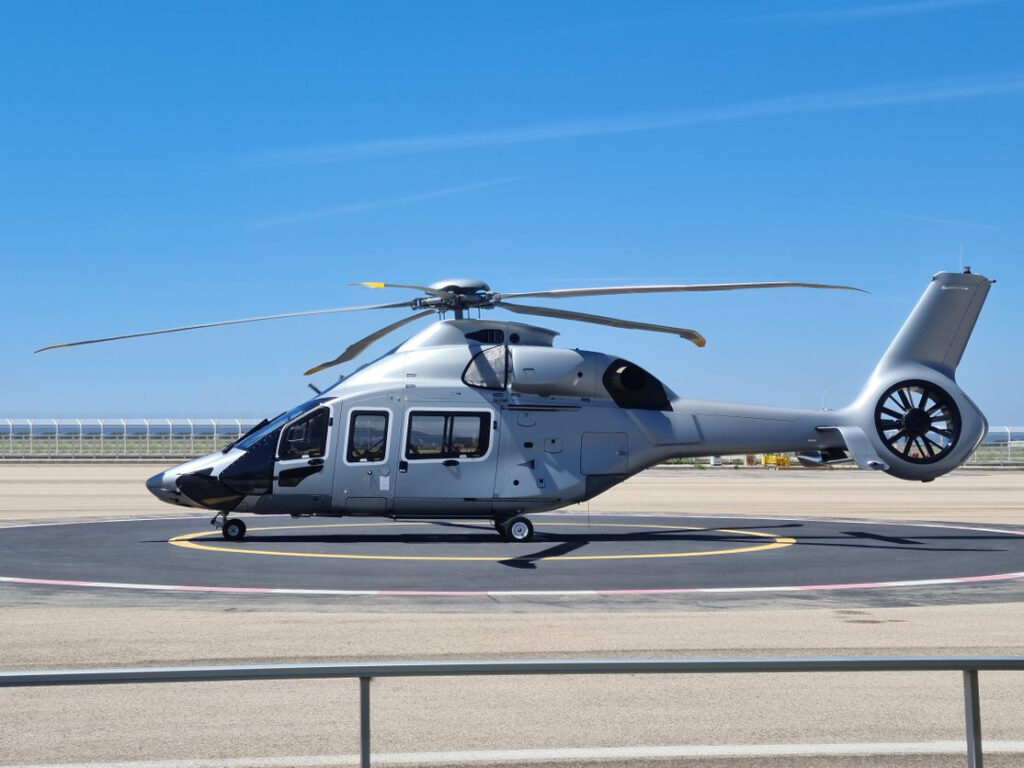Boeing and Shield AI Explore Bringing AI-Enabled Autonomy to Military Aircraft
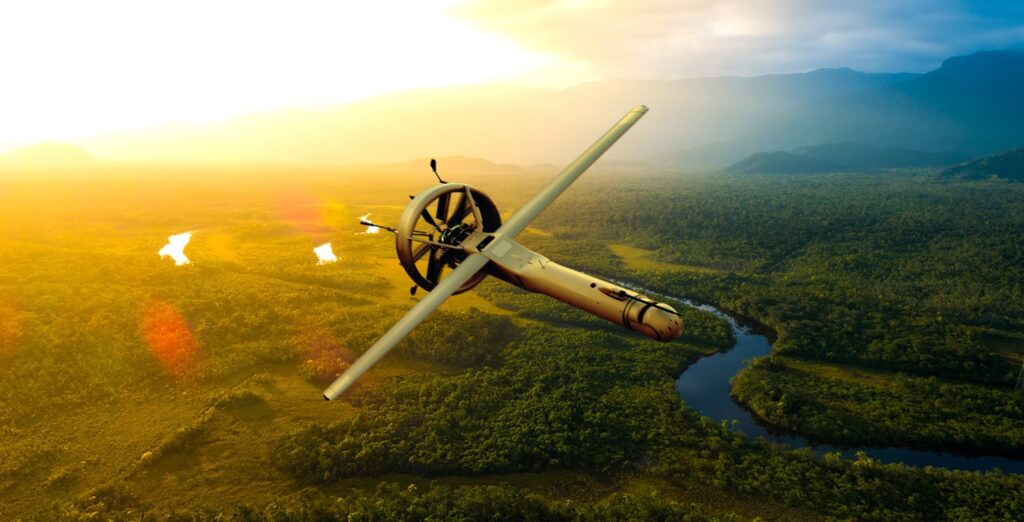
Boeing will collaborate to explore Shield AI’s capabilities in autonomous pilot technology and artificial intelligence. (Photo: Shield AI)
Boeing on Wednesday said it has signed a memorandum of understanding with Shield AI to explore leveraging the latter company’s capabilities in artificial intelligence and autonomy for autonomously piloting aircraft to military platforms.
Shield AI’s key software is Hivemind, which is an AI-enabled pilot for military and commercial aircraft that doesn’t require GPS, waypoints or communications to make decisions. This capability means that aircraft equipped with Hivemind can operate in highly contested and GPS-denied environments, and fly in swarms.
“Integrating Boeing aircraft with our AI pilot would redefine what large aircraft, crewed or uncrewed, could do,” Brandon Tseng, president and co-founder of Shield AI, said in a statement. “As the world leader in aerospace technology, Boeing has been exceptionally easy to engage with, so we are excited to expand our scope of work to co-develop, productize and bring to market the world’s best AI pilot for large aircraft.”
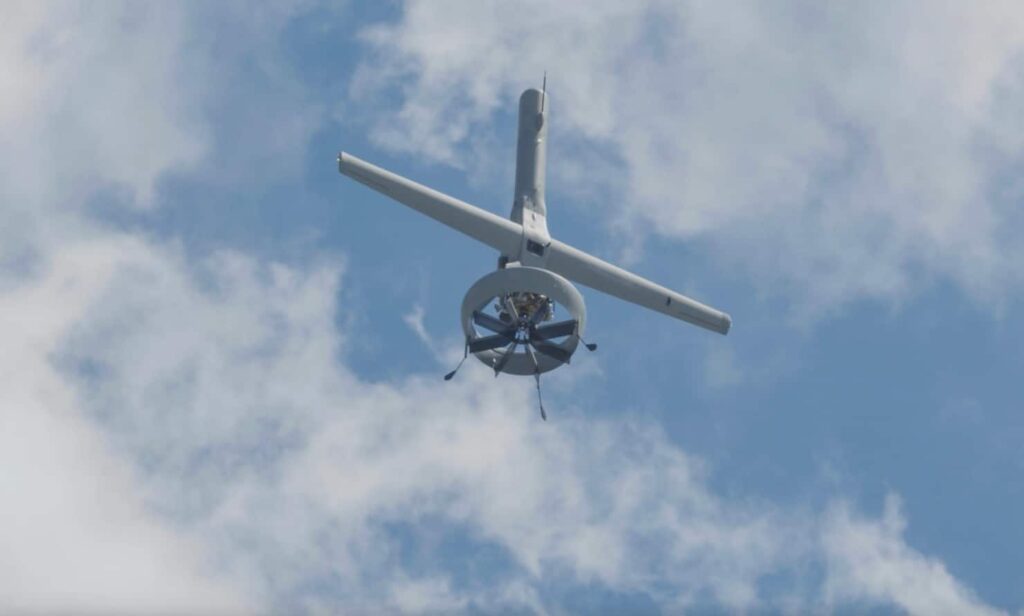
“Integrating Boeing aircraft with our AI pilot would redefine what large aircraft, crewed or uncrewed, could do.” – Brandon Tseng, president and co-founder of Shield AI (Photo: Shield AI)
Shield AI also offers some unmanned aircraft system (UAS) products, including the medium-size V-Bat series that can take off and land vertically as well as fly horizontally like fixed-wing aircraft, and Nova, a small UAS. Hivemind has been used to fly both UAS and an F-16 fighter.
“Boeing continues to leverage talent from across the enterprise to make great strides in autonomous capabilities and programs in recent years,” Steve Nordlund, vice president and general manager for Boeing’s Air Dominance organization, said in a statement. “Collaborating with Shield AI, the leader in AI pilots, will accelerate our ability to deliver these capabilities to the warfighter.”
Boeing’s Phantom Works advanced research, development, and prototyping division will manage the collaborative effort.
The post Boeing and Shield AI Explore Bringing AI-Enabled Autonomy to Military Aircraft appeared first on Avionics International.
—————
Boost Internet Speed–
Free Business Hosting–
Free Email Account–
Dropcatch–
Free Secure Email–
Secure Email–
Cheap VOIP Calls–
Free Hosting–
Boost Inflight Wifi–
Premium Domains–
Free Domains






